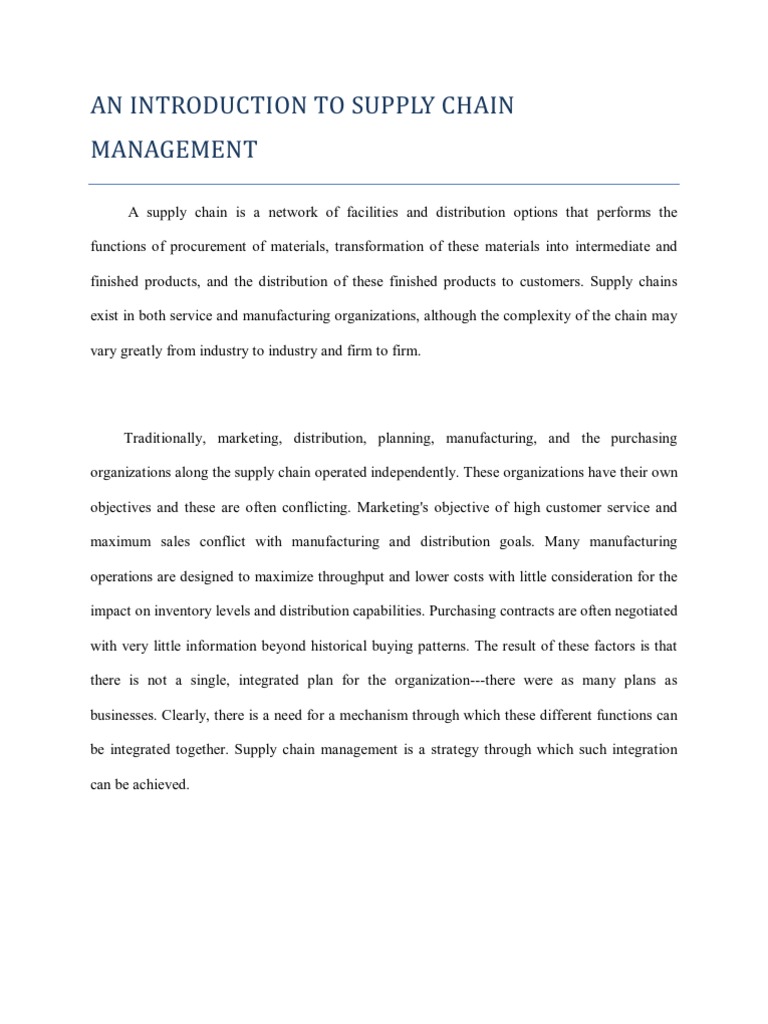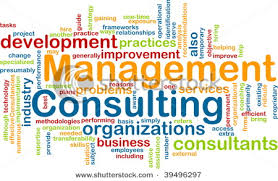
To become a financial risk manager, you will need to go through several steps. Two rigorous exams are required and two years of experience in the field. Employers will see that you have demonstrated high-level risk management skills and can provide value to their firm in specialized areas.
Qualifications Required
To be considered for the position of financial risk manager, one must have a good understanding of both business finance as well as risk management. You will need to have a keen eye for detail and the ability analyze data and identify trends in order to be successful in this position. These skills will allow to you to assess risk, and make recommendations for mitigation.
Two years of experience in finance is necessary to be qualified for a position at financial risk management. Once you have gained enough experience, it is possible to apply for entry level positions at some the most prestigious firms in the world.

Career outlook
You might be interested in a career as financial risk manager if you are looking to work for a financial institution. This job requires analytical and strategic thinking, a keen eye for risks, and a thorough understanding of technology. Financial risk management professionals must be informed about the latest developments in their field, as they have to translate complex financial information into easily understandable terms.
The job outlook for financial risks managers is positive. As the global economy and businesses continue to grow more complex, the demand for qualified individuals will rise. The best candidates will be those with experience in a variety of industries and the ability to use data analytics effectively. They will also need to be able to communicate effectively with clients through their presentation skills.
Your job duties
Financial risk managers' job duties include reporting to senior management and identifying and analysing potential financial risks. This position includes the development of risk metrics and the implementation of risk management strategies. The manager works closely with third-party providers of services, such brokers and insurers, to determine and evaluate potential exposures. This position is also responsible to ensure compliance with insurance procedures.
The job requirements for a financial risk manager will vary depending on the employer. You may find them working in an office all day. Others may travel extensively to meet clients, or go to conferences. The financial risk manager may work full-time in either case. They often have to work long hours in order meet deadlines. The job demands independence and the ability to manage pressure and make quick decisions. To stay current on financial markets, financial risk managers must be self motivated.

Training
Financial Risk Manager Training Program is designed for students to gain a fundamental understanding of risk and the tools and techniques needed to succeed in this field. It covers core areas such as market risk, interest rates, and derivatives. The curriculum also addresses quantitative methodologies, and analytical models. Graduates of this program are prepared to work in a variety of financial institutions.
There is a high demand for careers in financial risk management. Many financial companies are searching for qualified professionals to lead their departments of risk management. There is an increasing demand for qualified professionals to lead risk management teams in all parts of the economy. A CFA or FRM certification, however, is considered the best in financial analysis and risk management.
FAQ
What is the main difference between Six Sigma Six Sigma TQM and Six Sigma Six Sigma?
The major difference between the two tools for quality management is that six Sigma focuses on eliminating defect while total quality control (TQM), on improving processes and decreasing costs.
Six Sigma stands for continuous improvement. This method emphasizes eliminating defects using statistical methods such p-charts, control charts, and Pareto analysis.
The goal of this method is to reduce variation in product output. This is done by identifying and correcting the root causes of problems.
Total quality management involves measuring and monitoring all aspects of the organization. It also includes the training of employees to improve performance.
It is often used as a strategy to increase productivity.
What are some common management mistakes?
Managers can make their jobs more difficult than necessary.
They may not assign enough responsibilities to staff members and provide them with inadequate support.
Additionally, many managers lack communication skills that are necessary to motivate and direct their teams.
Managers sometimes set unrealistic expectations of their teams.
Some managers may try to solve every problem themselves instead of delegating responsibility to others.
What does the term "project management” mean?
That is the management of all activities associated with a project.
We include defining the scope of the project, identifying the requirements, preparing the budget, organizing the project team, scheduling the work, monitoring progress, evaluating results, and closing down the project.
What is Kaizen?
Kaizen, a Japanese term that means "continuous improvement," is a philosophy that encourages employees and other workers to continuously improve their work environment.
Kaizen is based upon the belief that each person should be capable of doing his or her job well.
What are the three main management styles you can use?
The three major management styles are authoritarian (left-faire), participative and laissez -faire. Each style has its own strengths and weaknesses. Which style do yo prefer? Why?
Authoritarian - The leader sets the direction and expects everyone to comply with it. This style works well if an organization is large and stable.
Laissez-faire – The leader gives each individual the freedom to make decisions for themselves. This style is most effective when the organization's size and dynamics are small.
Participative - The leader listens to ideas and suggestions from everyone. This style is best for small organizations where everyone feels valued.
What are the most important management skills?
Managerial skills are crucial for every business owner, regardless of whether they run a small store in their locality or a large corporation. They are the ability to manage people and finances, space, money, and other factors.
You will need management skills to set goals and objectives, plan strategies, motivate employees, resolve problems, create policies and procedures, and manage change.
As you can see, there's no end to the list of managerial duties!
Statistics
- 100% of the courses are offered online, and no campus visits are required — a big time-saver for you. (online.uc.edu)
- This field is expected to grow about 7% by 2028, a bit faster than the national average for job growth. (wgu.edu)
- Your choice in Step 5 may very likely be the same or similar to the alternative you placed at the top of your list at the end of Step 4. (umassd.edu)
- The average salary for financial advisors in 2021 is around $60,000 per year, with the top 10% of the profession making more than $111,000 per year. (wgu.edu)
- The BLS says that financial services jobs like banking are expected to grow 4% by 2030, about as fast as the national average. (wgu.edu)
External Links
How To
How do you use the 5S in your office?
Your workplace will be more efficient if you organize it properly. A neat desk, tidy space, and well-organized workspace are key to productivity. The five "S"'s (Sort. Shine. Clean. Separate. And Store) help to maximize space and ensure efficiency. This session will take you through each step and show you how they can fit into any environment.
-
Sort.Put away papers and clutter so that you don't waste valuable time searching for something that you know is there. This means that you should put things where they are most useful. Keep it near the spot where you most often refer to it. Consider whether you really need the item. If it no longer serves a useful purpose, get rid it!
-
Shine.Keep your belongings neat and orderly so that you spend less time cleaning up after yourself. Anything that could cause harm or damage to others should be thrown out. You might have many pens and need to put them away. A pen holder might be a good investment, as it will prevent you from losing pens.
-
Sweep. Keep surfaces clean to avoid dirt building up on furniture or other items. A dusting machine is a great investment to keep your surfaces clean. To keep your workstation neat, you can reserve a certain area for dusting or sweeping.
-
Separate. Separating your trash into different bins will save you time when you need to dispose of it. Trash cans are usually placed strategically throughout the office so that you can easily throw out the garbage without searching for it. You can take advantage of this location and place trash bags near each bin to make it easy to find what you are looking for.